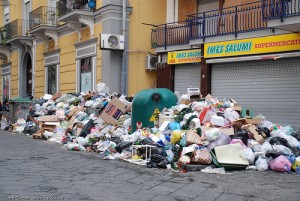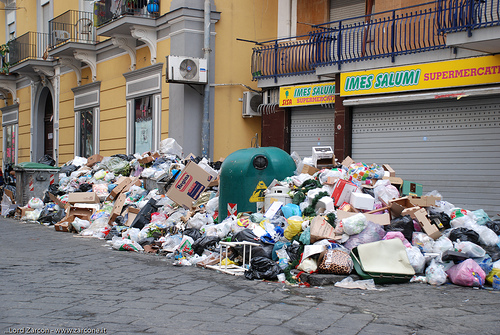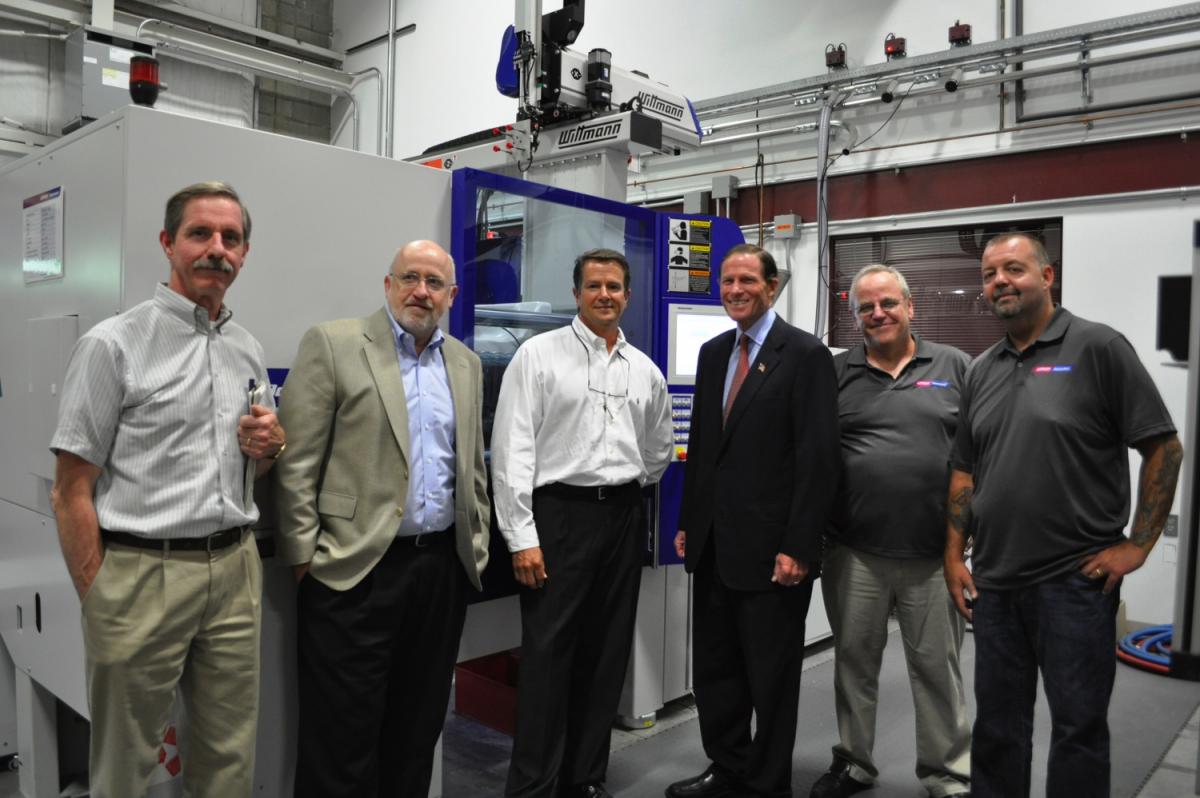
The Oxo-biodegradable Plastics Association (OPA) warns the “compostable” plastic companies not to get excited about profits from the recent approval in Italy of a proposal to ban plastic carrier bags except those tested as biodegradable according to EN13432. The legislative process has not been completed, and it would be the wrong decision for Italy, and the EU.
WRONG STANDARD
EN13432 is a test for biodegradation in the special conditions found in industrial composting. It says specifically (para 1) that “it does not take into account packaging waste which may end up in the environment through uncontrolled means, ie as litter.” The correct standard to use is ISO17556.
IS IT ILLEGAL?
This legislation is a device to give special benefits to the bio-based plastics companies, and in particular a large Italian company whose plastic is made to comply with EN13432. The draft decree says that it is “subject to the information procedure under Directive 98/34/EC and shall enter into force from the date of completion with a favourable outcome, of the procedure.
There is unlikely to be a favourable outcome. The European Commission sent on 24/10/2012 a formal notice to Italy in the framework of infringement procedure 2011/4030. The Commission considers that Italy is in breach not only of Article 16 of Directive 94/62/EC and Article 8 of Directive 98/34/EC, but also Article 18 of Directive 94/62/EC. The UK and Germany have also objected that the proposed decree would contravene EU law. If not authorised at EU level the legislation would expose Italian taxpayers to massive claims for damages from companies whose business has been damaged.
WRONG TECHNOLOGY
Even if industrial composting was available, most composters will not accept mixed waste plastics such as shopping bags because they do not want to separate compostable from non-compostable plastic. Further, when something is described as compostable consumers would think it can be converted into compost, but EN13432 requires it to convert into CO2 gas. You cannot therefore make compost from it – only CO2 gas.
Also, “compostable” plastics can emit methane in landfill, and methane is a more powerful greenhouse gas than CO2. An LCA by Intertek, published by the UK Government in 2011 and a further LCA by Intertek in 2012 found that ordinary plastic and oxo-bio plastic has a better LCA than “compostable” plastic or paper bags.
For the full OPA statement see http://www.biodeg.org






